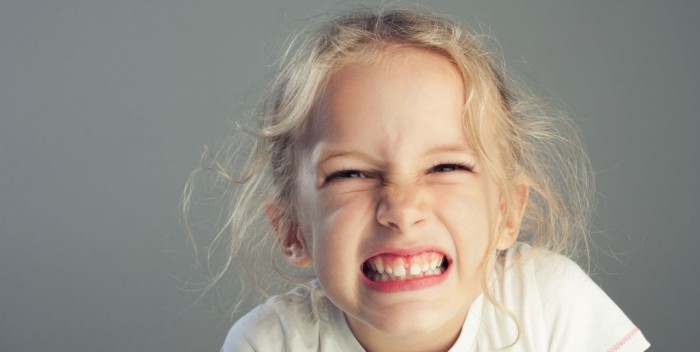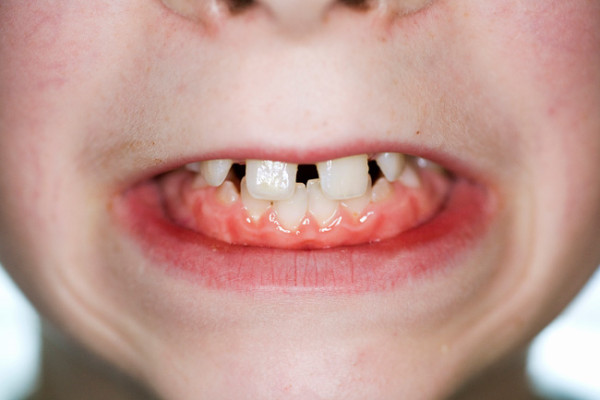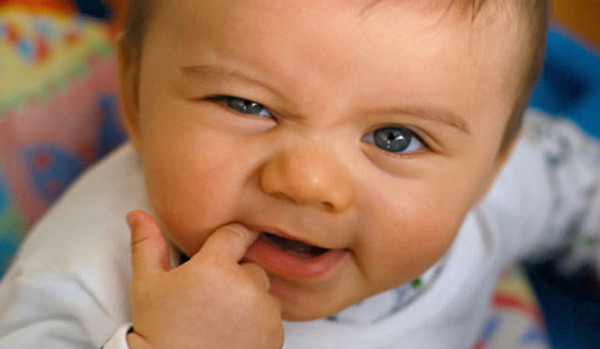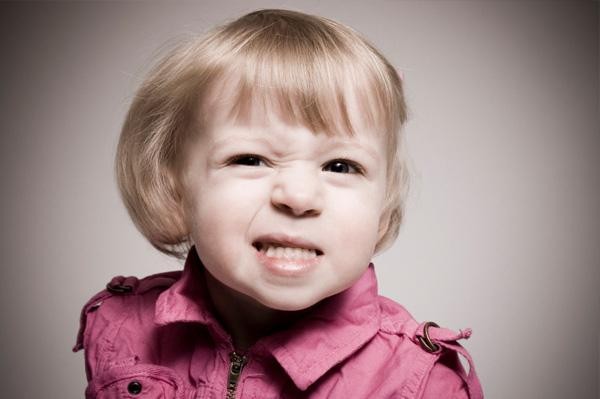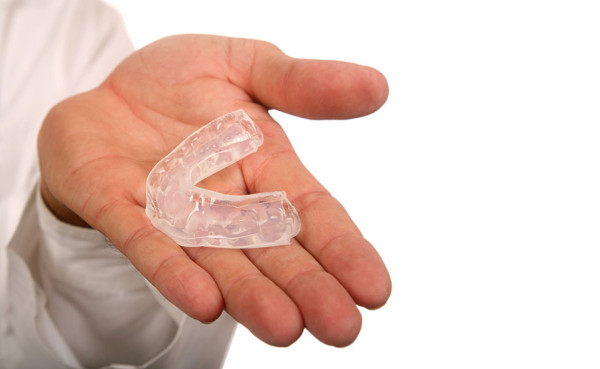The child grinds his teeth: reasons and what to do
A sweet dream of a baby is a great joy for a mother. But if a child regularly grinds his teeth in a dream, then there really is a reason to be alarmed. Contrary to the opinion that the occurrence of a squeak is caused by helminths, the reasons for this unpleasant process are completely different. In medicine, teeth grinding is called bruxism. If you do not eliminate the causes of it, then you can get negative consequences: damage to the tooth enamel, loosening of the teeth, pain in the gums, neck or head.
Content
Why does a child grind his teeth in a dream
Most often, bruxism occurs during a baby's nighttime sleep. The reasons for its appearance are different, they are both medical and psychological. The main ones are:
- Strong emotional experiences and stress. The child's psyche is very vulnerable. The kid may be worried about a broken toy or a conflict situation with other children. Excessive positive emotions can also contribute to intense arousal. Psychologists recommend not to overload the baby's psyche with active games, cartoons before bedtime. It is not recommended to punish your baby before bedtime.
- Enlarged adenoids can also cause creaking teeth. The overgrowing adenoids make it difficult to breathe and cause discomfort. This disease is often inherited, especially in the male line.
- Mental sleep disorders can, along with a toothache, cause somnambulism, conversations in a dream. If your toddler wakes up frequently, he or she may have mental illness.
- Incorrect jaw structure, erupting teeth that cause itching. The child experiences discomfort, squeezes the gums, and the teeth rub against each other. For babies, special teethers or pain relieving gels will help.
- Pathological changes in the maxillofacial region, malocclusion or the structure of the jaw apparatus. The exact diagnosis can be made by an orthodontist.
If an unpleasant creak is rarely observed in a baby, it lasts 5-18 seconds, then you can ignore the creak. With a longer and more frequent process, a specialist examination is necessary.
The child grinds his teeth during the day
A baby can grind his teeth not only during sleep, but also during the day. If the baby has a cold, it is difficult for him to breathe, then he opens his mouth. The mucous membrane dries up and the baby experiences discomfort, may begin to clench his teeth. The child finds the sound made at the same time amusing, wants to repeat it out of pampering. When teething, he rubs his gums together to relieve itching.
Daytime bruxism can also be psychosomatic in nature. If you observe a creak after being punished or shouted at the baby, then the reason is in emotional distress. If a child squeaks while listening to music, reading books, watching movies, then you should choose quieter works.
The child grinds his teeth - what to do
To reduce the frequency of manifestations of bruxism, it is recommended to carry out prevention:
- Talk to your child about his relationship with other children in the kindergarten or school, ask about any controversial situations. Check with the teacher or teacher about the child's behavior, if problems arise, try to solve them. So you eliminate the influence of stress on the emotional state of the baby.

- Organize the correct daily routine. A night's sleep should last 8-10 hours, the optimal time for going to bed is 21 hours. Do not play noisy games or watch TV before bed. It is better to listen to slow music, read the book with your baby, he will calm down and sleep soundly.
- Do not overwhelm your child with physical or developmental activities. Chronic fatigue can cause bruxism. Doctors recommend in this case to increase the amount of sleep and reduce the load.
- Build a trusting relationship with your child so that he or she tells you all of his sorrows.
- Provide a balanced diet containing a lot of fruits and vegetables, and other solid foods. The chewing muscles will actively train during the day and relax at night. As a result, they will be strengthened.

- The last meal should be at least 2 hours before bedtime. The active work of the digestive system provokes the movement of the gums during sleep.
- While bathing the child in the water add infusions of soothing herbs, for example, lemon balm, motherwort. They help to relax the entire body, including the facial muscles.
If the above measures do not help get rid of bruxism, then be sure to consult a doctor.
Child gritting teeth - treatment
It is possible to identify the cause of the disease by undergoing a comprehensive examination by a neurologist, pediatrician, or dentist. Sometimes, with complex sleep disorders, a consultation with a somnologist is required.
If the cause is a problem with your teeth or gums, your doctor will prescribe an anesthetic gum gel to relieve pain or itching. To protect the tooth enamel, specialized overlays are used - mouth guards.
They protect the dentin from damage when teeth rub against each other. Also pads relieve muscle tension, hypertonicity. You can wear them all the time or only at night. If the cause of discomfort is inflammation of the gums, then rinse with anti-inflammatory drugs, decoctions of herbs is prescribed.
If the causes of bruxism are of a mental nature, then the doctor prescribes sedatives: children's tenoten, glycine, drugs containing magnesium. The neurologist prescribes aromatherapy, salt baths, relaxing massage, and exercise.
Timely comprehensive treatment of bruxism will eliminate the problem in 3-4 months. If the cause of the disease is malocclusion, abnormal development of the jaw apparatus, longer treatment may be required.
